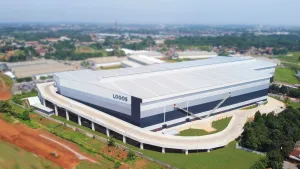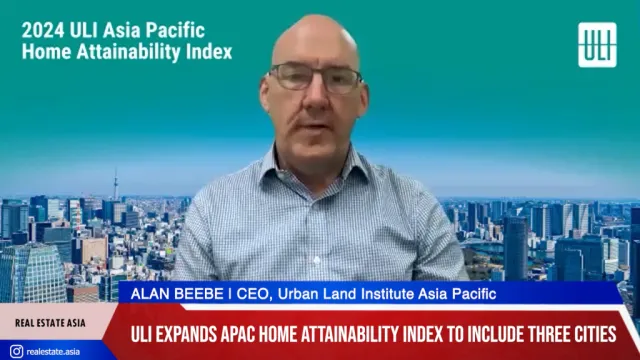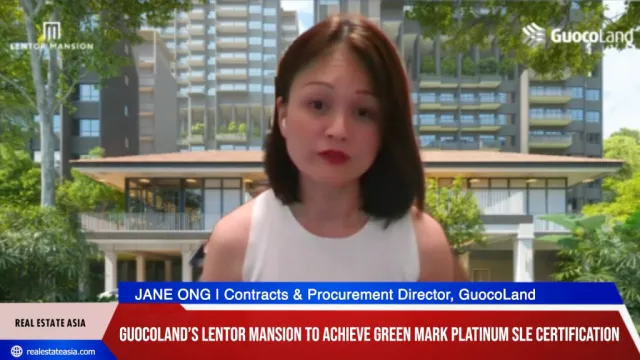
Tokyo office vacancy rate hits a record 3.1% in Q3
This is the first time the vacancy rate exceeded 3% since 2017.
Net absorption for office spaces in Tokyo was -67,000 sqm in 3Q21. According to JLL, in spite of demand from industries such as finance and insurance, professional services and information and communications, the figure turned negative for the first time since 1Q17, due in part to the accumulation of small-sized cancellations, as well as the lack of any new supply entering the market.
Here’s more from JLL:
Vacancy rate rises to 3% level for the first time since 3Q17
No new supply entered the market in 3Q21.
The vacancy rate stood at 3.1% at end-3Q21, increasing 70 bps q-o-q and 230 bps y-o-y. The vacancy rate rose for the seventh consecutive quarter and reached above 3% levels for the first time since 3Q17, due in part to the accumulation of small-size cancellations across the market.
Rental decline and incentive expansion weighs on capital values
Rents averaged JPY 36,932 per tsubo, per month, at end-3Q21, decreasing by 1.9% q-o-q and 6.5% y-o-y, marking the sixth consecutive quarter of decrease. Rent decline was mostly in line with the previous quarter. The overall market consistently saw negative growth, with the major markets of Otemachi/Marunouchi, Akasaka/Roppongi and Shinjuku/Shibuya staying mostly in line with the average.
Capital values decreased 2.8% q-o-q and 7.8% y-o-y in 3Q21, turning negative for the first time in two quarters due in part to rent decreases and incentive expansions. Notable transactions in the quarter included Nippon Building Fund’s acquisition of Iidabashi Grand Bloom (strata title) for JPY 77.6 billion and an NOI cap rate of 3.5%.
Outlook: Rents to fall and capital values to increase in 2022
According to Oxford Economics as of September 2021, Japan’s real GDP growth forecast was revised upwards to 2.4% in 2021, followed by 2.9% in 2022. The CPI was revised downwards to -0.3%, followed by +0.3% in 2022. The economy is expected to pick up as socioeconomic activities resume on the back of recovering overseas economies. Risks include the impact of COVID-19 on the supply chain.
Vacancy rate is expected to rise due in part to the accumulation of cancellations, although it is expected to remain at low levels, below 4%. Rents are expected to bottom out as landlords regain confidence as the economy recovers. Capital values may experience increases resulting in cap rate compression.




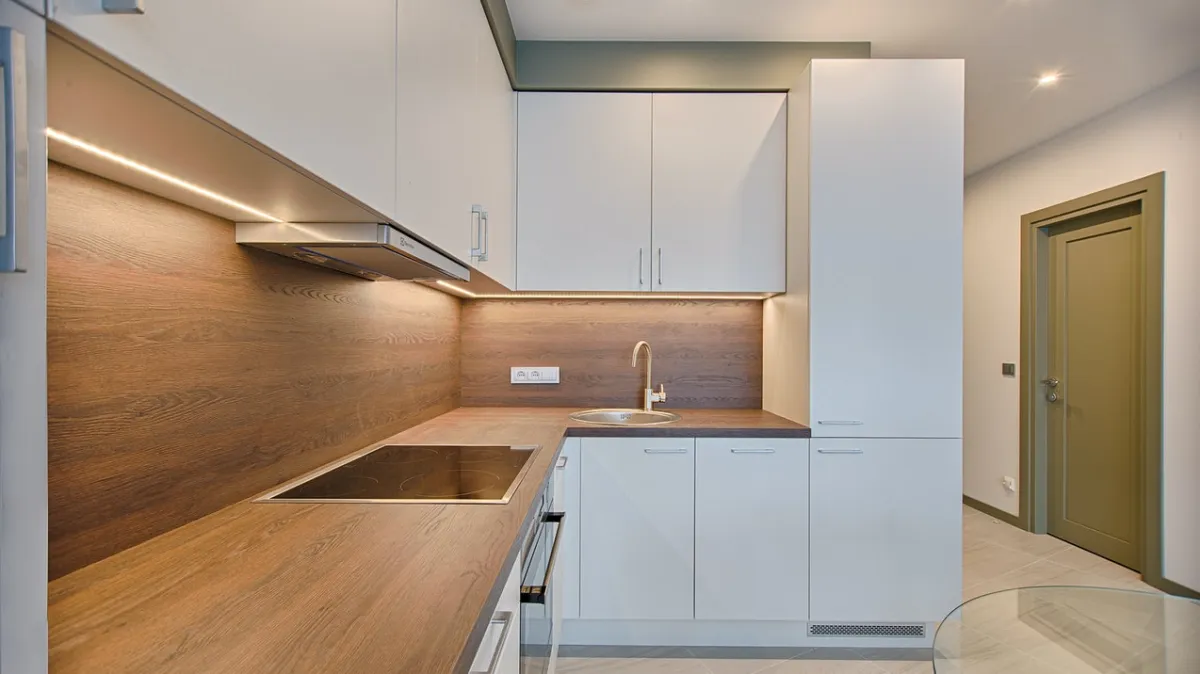

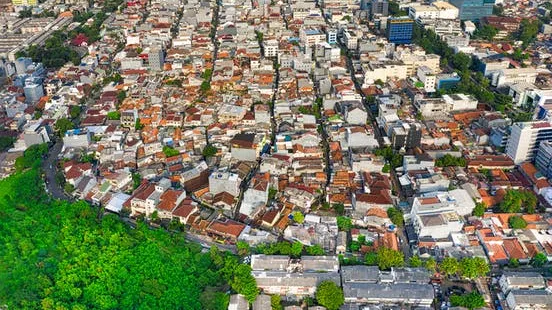
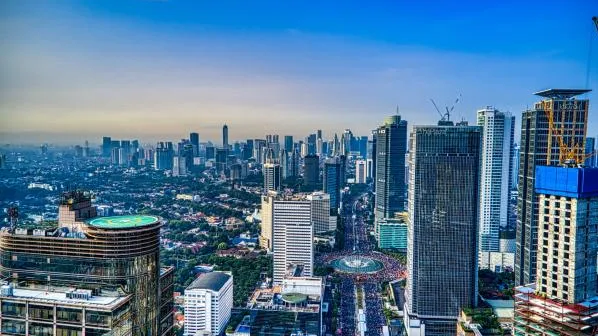
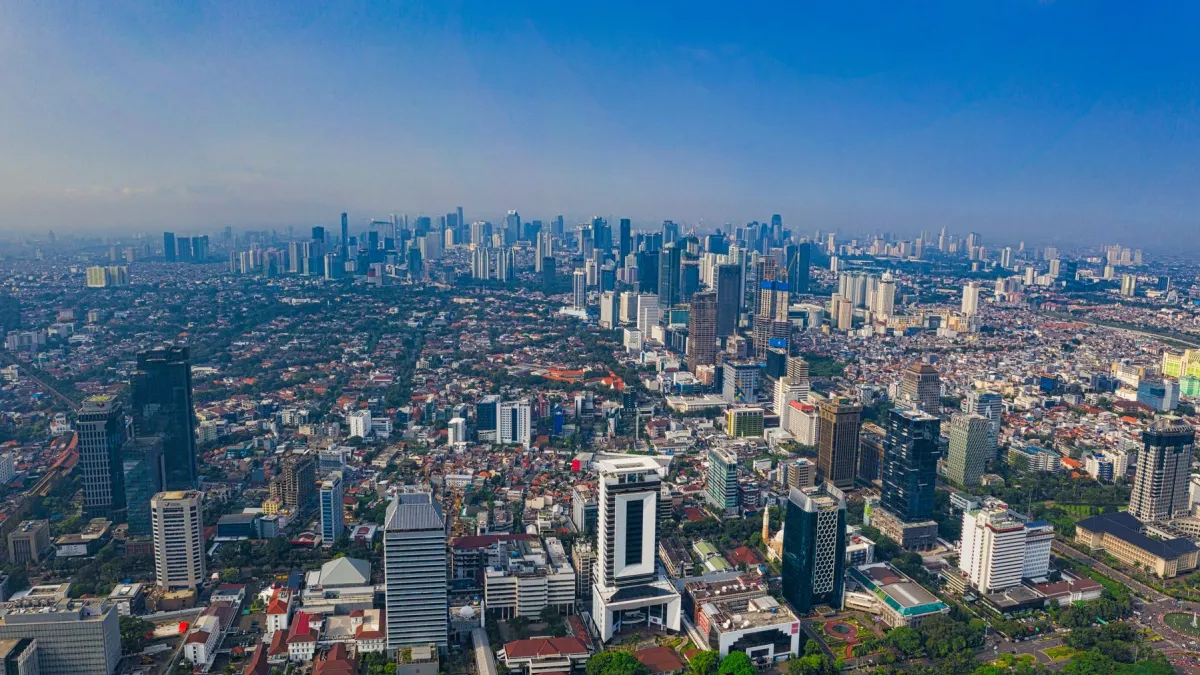
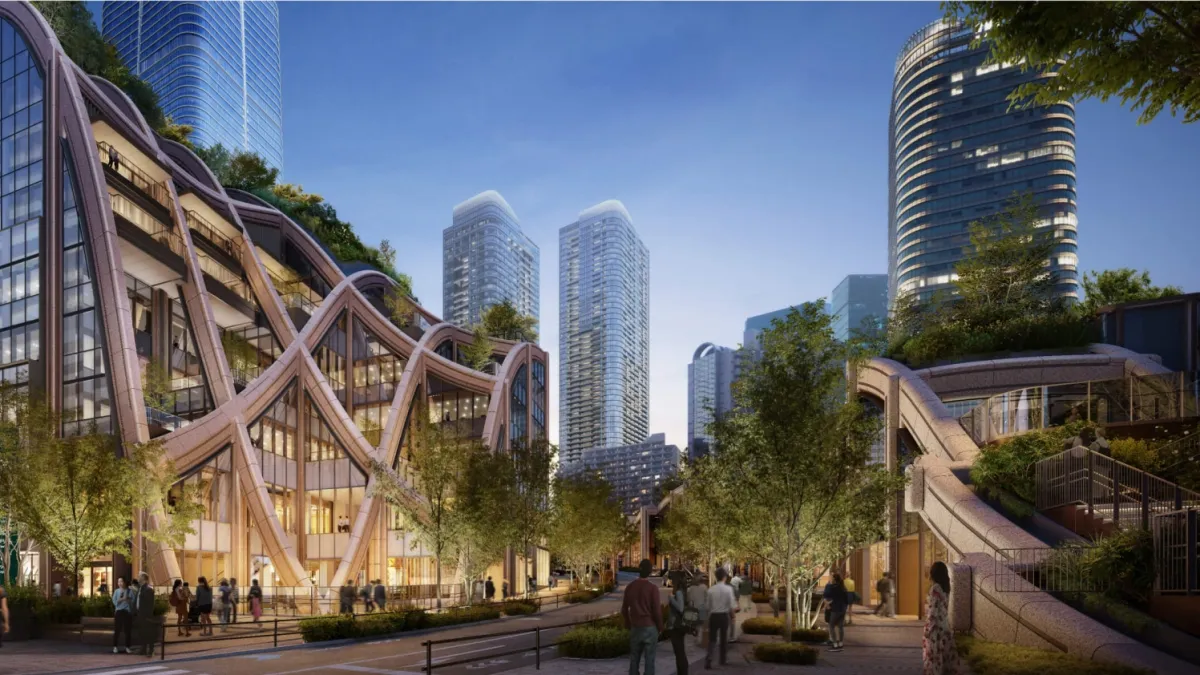
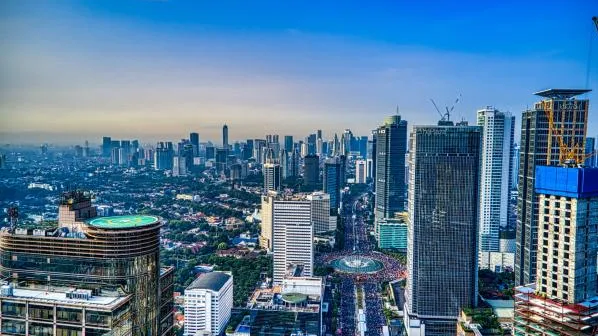
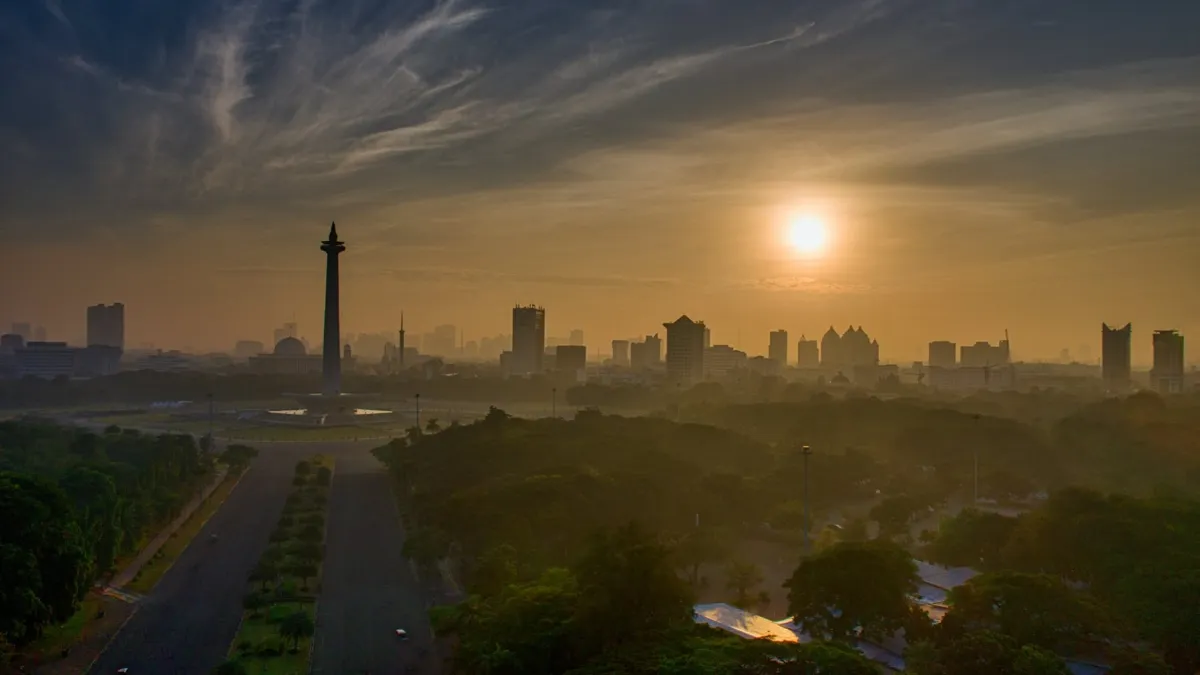

 Advertise
Advertise

